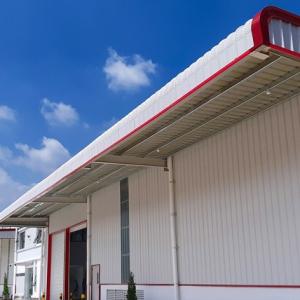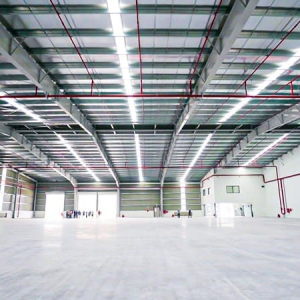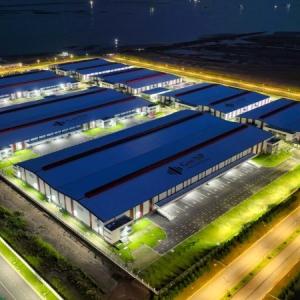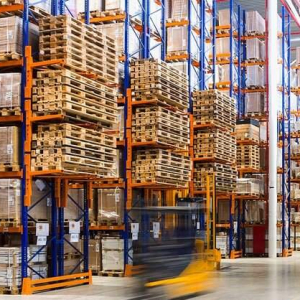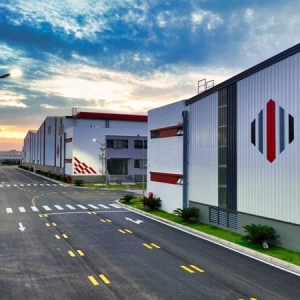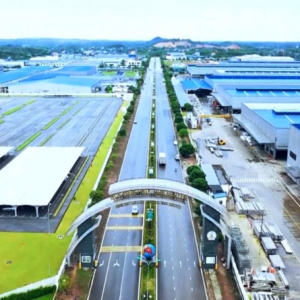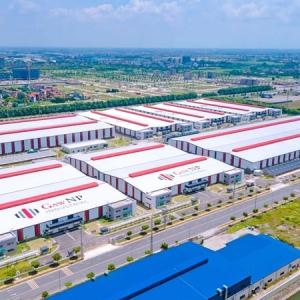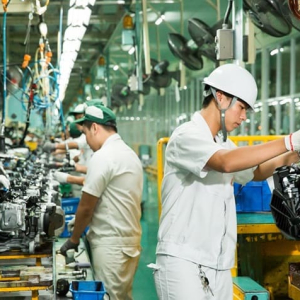Warehouse for rent in Vietnam: 3 popular types and their pros and cons
August 19, 2024 09:35 AM
Warehouses for rent in Vietnam are becoming an indispensable part of the logistics industry and contribute significantly to the development of international trade in general. With an economy oriented towards major sea routes and the continuous development of various industries, Vietnam has rapidly developed multiple types of warehouses to meet specific needs. 1. CFS Warehouse […]
Warehouses for rent in Vietnam are becoming an indispensable part of the logistics industry and contribute significantly to the development of international trade in general. With an economy oriented towards major sea routes and the continuous development of various industries, Vietnam has rapidly developed multiple types of warehouses to meet specific needs.
1. CFS Warehouse
CFS (Container Freight Station) warehouse is a warehouse system used to separate business locations from where goods can be collected, assembled, or segregated for transportation in the same container. Typically, the use of CFS warehouses arises when shippers do not have enough goods to fill a container. In this case, the goods are transported to the collection point to await export-import procedures, if necessary, before being separated or combined into another container for export abroad. This helps businesses save significant costs.
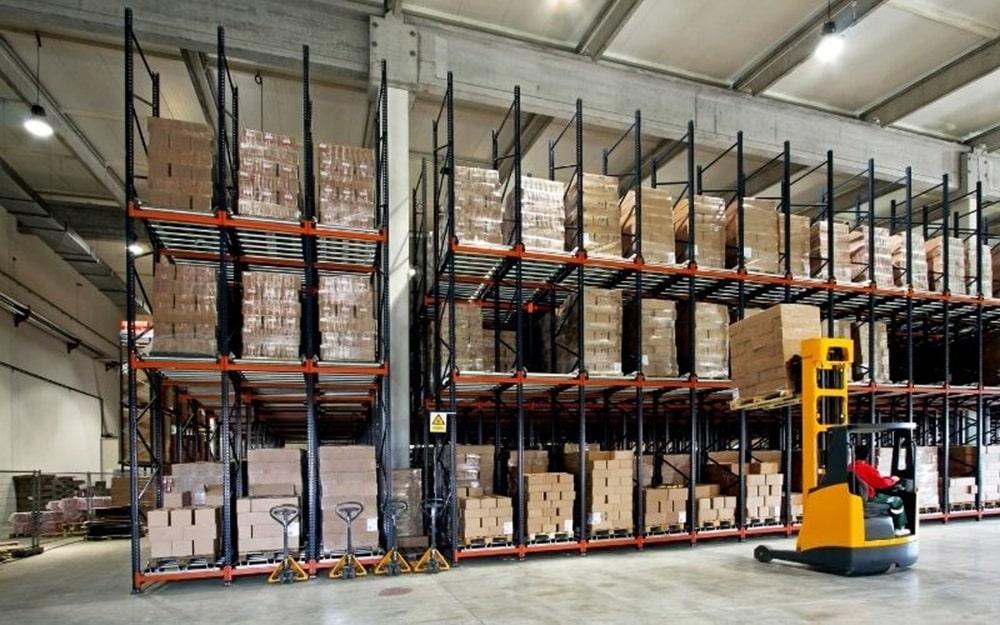
Consolidation points help businesses save significant costs
1.1 Advantages of CFS warehouses
Optimization of the logistics process: CFS serves as a central point in creating efficiency for the logistics system. Here, goods can be stored, managed, and reorganized systematically, thereby minimizing waiting time at ports and optimizing the supply chain.
Cost savings: By combining multiple small shipments into one large shipment, CFS helps businesses save on transportation costs due to economies of scale. Moreover, it reduces container storage fees and port surcharges, making it easier for businesses to compete in the market.
Security protection and strict management of goods: CFS is often equipped with modern security facilities and automated goods management systems, ensuring the safe tracking and protection of goods. Thus, businesses can be assured that their goods will be protected from loss or damage during storage and distribution.
1.2 Disadvantages of CFS warehouses
Despite the aforementioned advantages, CFS warehouses also have some notable disadvantages:
High management requirements: Operating a CFS requires precision and consistency in goods management. Any mistakes during storage or arrangement stages can lead to unforeseen consequences , therefore necessitating a professional management team and modern information technology.
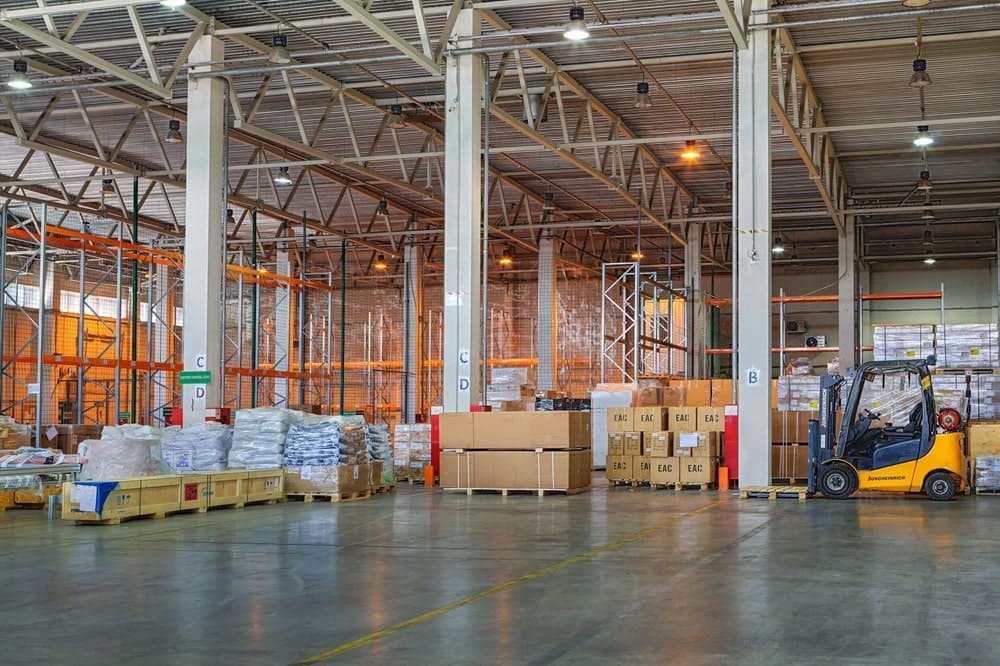
Container Freight Stations require high management capabilities and error prevention
Congestion and delays: During peak times, the volume of goods arriving at CFS can become overwhelming, leading to the risk of congestion and delays in the handling of goods. This requires CFS facilities to have flexible and rapid processing capabilities to minimize unwanted consequences.
2. Bonded warehouses
Bonded warehouse is particularly important for businesses seeking optimal solutions for storing import and export goods without immediately incurring tariff measures.
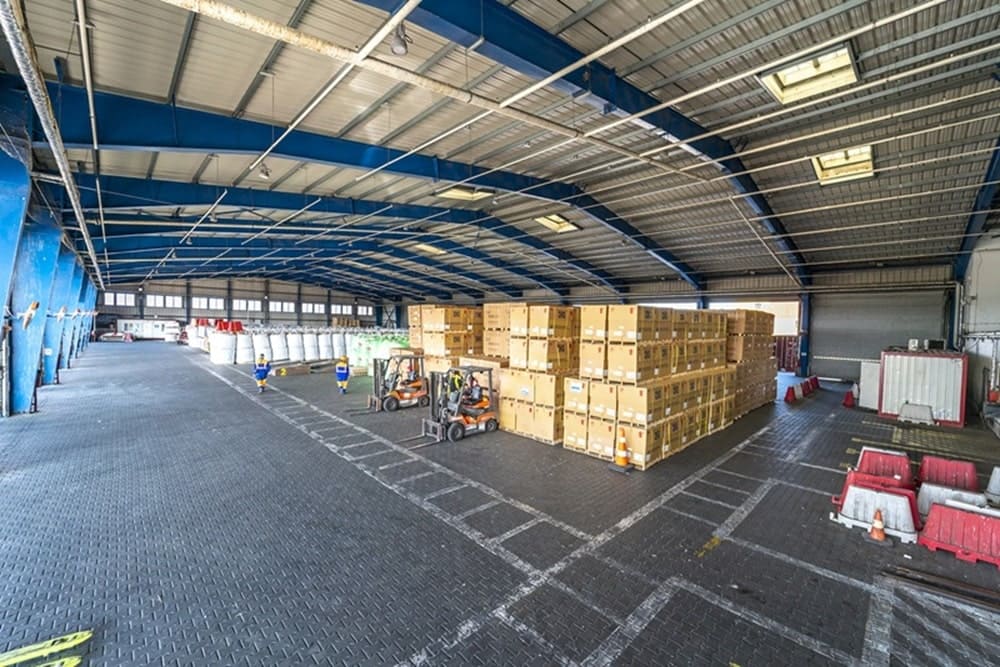
Bonded warehouses are directly managed under the supervision of customs authorities
This is a special storage space directly managed under the supervision of customs authorities, where goods can be temporarily stored without being taxed until they are officially imported into the domestic market or prepared for further export.
2.1 Advantages of bonded warehouses
Tax deferral and working capital advantage: Bonded warehouses provide clear benefits in optimizing cash flow for businesses. Companies can delay paying taxes until the goods are actually sold or imported, which helps maintain working capital and allows the use of financial resources for other business purposes.
Flexibility in trade and goods preparation: Flexibility is an inherent nature of bonded warehouses, allowing importers and exporters sufficient time to handle customs procedures, prepare related documents, and optimize logistics plans before the goods reach consumers.
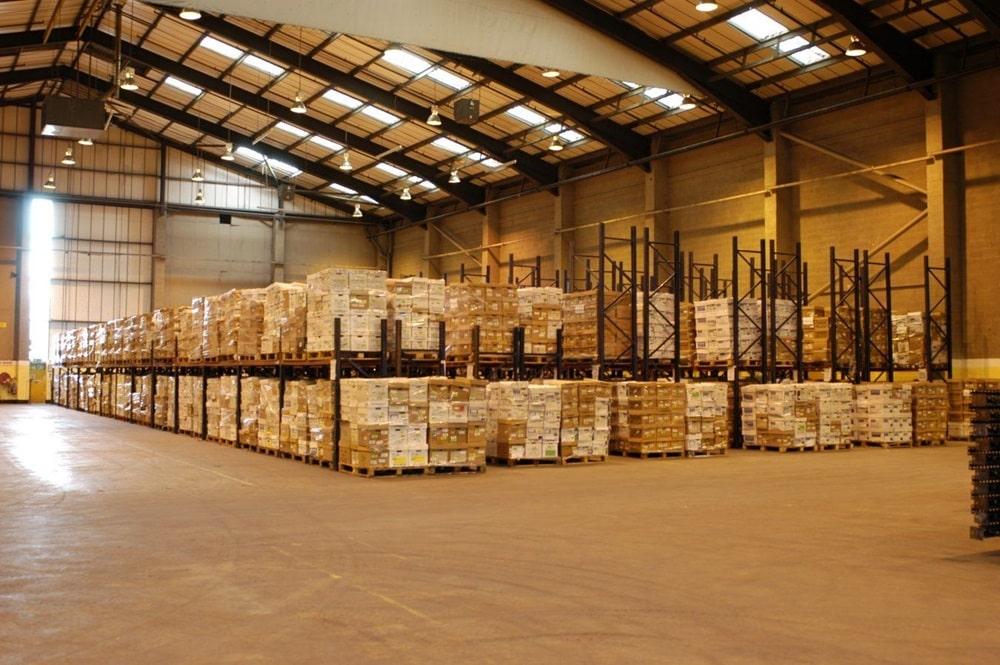
Goods stored in bonded warehouses can be temporarily held without being taxed
Reducing risks from market fluctuations: Storing goods in bonded warehouses also helps businesses minimize risks associated with market uncertainties such as price fluctuations or changes in import tax policies. This allows businesses to react more quickly and flexibly to unexpected situations.
2.2 Disadvantages of bonded warehouses
Complex management procedures: Managing a bonded warehouse is not always straightforward due to the strict control of customs authorities and sometimes cumbersome legal regulations. Businesses need to be well-versed in relevant regulations and laws to ensure smooth and lawful storage and handling of goods.
High storage costs: Prolonged storage of goods in bonded warehouses can become costly, especially for goods requiring special storage conditions or those of high value. It is essential for businesses to consider storage duration and evaluate other options to minimize costs when using this service.
3. Cold storage warehouses
Cold storage warehouses play an extremely important role in the supply chain of goods that need to be preserved at tightly controlled temperatures and humidity levels. These specially designed warehouses can maintain conditions ranging from cool to deep freeze, meeting the diverse needs of products such as fresh food, seafood, medical supplies, cut flowers, and other perishable goods, keeping them fresh and safe from the producer to the consumer.
3.1 Advantages of cold storage warehouses
Optimization of perishable product preservation: Cold storage provides an ideal preservation solution, significantly extending the shelf life of food and other perishable goods, thereby minimizing spoilage and loss during storage and transportation. Strict temperature control keeps products in their best condition, ensuring quality and nutritional value for the end consumer.
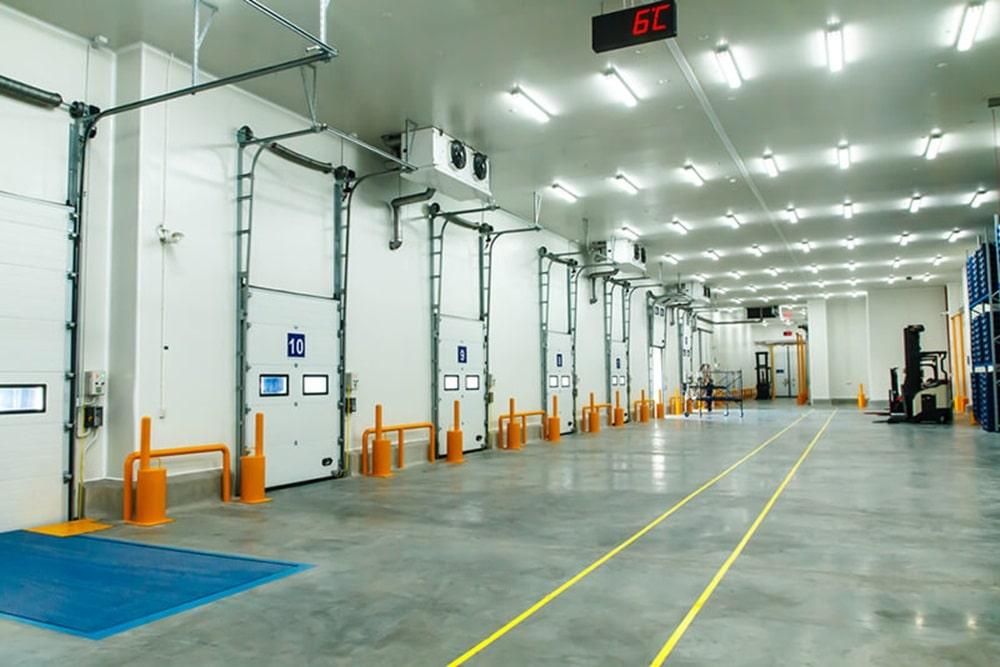
Cold storage is widely used in the frozen food industry or for products requiring low temperatures
Diversification of preservation needs: One of the outstanding advantages of cold storage can meet various preservation needs. From mild cooling to keep fruits and vegetables fresh, to deep freezing for long-term storage of meat or seafood, and even the preservation of vaccines and medical biological products, cold storage can meet the most stringent standards.
3.2 Disadvantages of cold storage warehouses
Investment and operational costs: Due to the complex technical requirements and continuous energy consumption needed to maintain stable temperatures, cold storage involves high initial investment and operational costs. The necessity for insulation systems, industrial refrigeration units, and temperature monitoring equipment increases the overall cost of operation and maintenance.
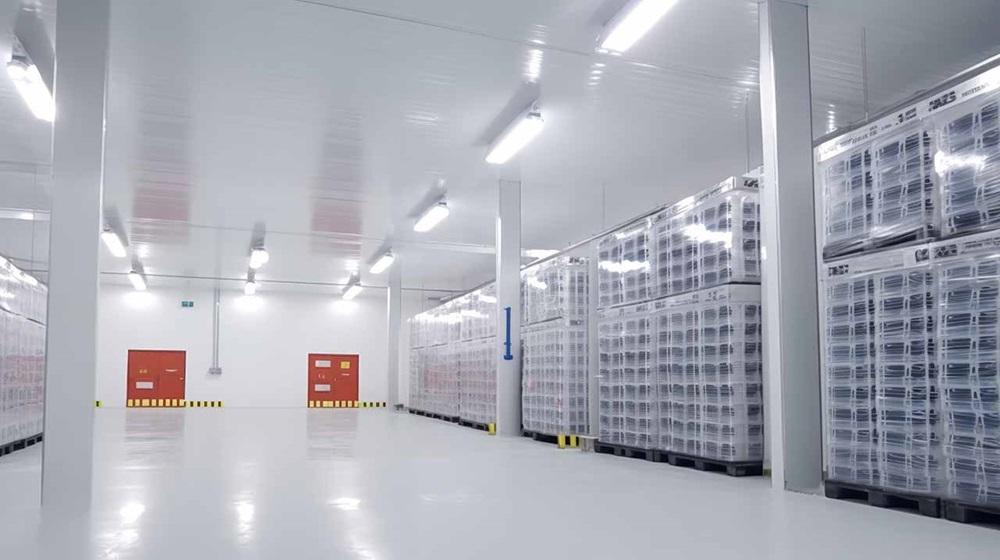
Construction, maintenance, and regular upkeep costs are a major drawback of cold storage warehouses
Regular technical maintenance: To ensure sustainable and efficient operations, cold storage warehouses need regular maintenance by professional technicians. Quickly identifying and addressing technical issues not only helps save on repair costs but also protects goods from temperature incidents that could severely damage the products.
4. Gaw NP Industrial: Warehouse for rent provider in Vietnam
Gaw NP Industrial is a warehouse for rent real estate platform in Vietnam, a collaboration between Gaw Capital Partners and NP Capital. It is one of the leading developers in the field of warehouses and production facilities in Vietnam. Known for its commitment to providing high-quality industrial real estate solutions, Gaw NP Industrial focuses on building and managing ready-to-built warehouses to meet the growing demands of businesses both domestic and international. With extensive experience and market knowledge in Vietnam, Gaw NP Industrial has established an impressive investment portfolio, including prominent projects in strategic locations, providing maximum support for the operation and business development of its clients.
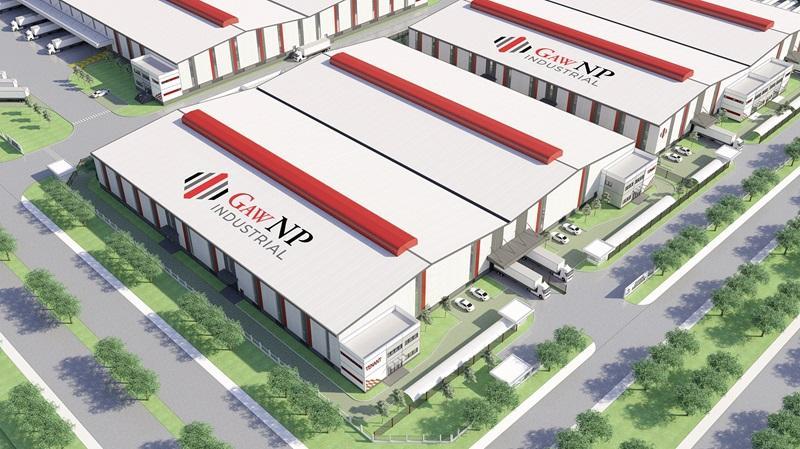
Leading warehouse for rent provider in Vietnam – Gaw NP Industrial
The potential of Gaw NP Industrial is demonstrated through facilities strategically located near key transportation routes, seaports, and international border gates. The GNP Nam Dinh Vu project in Hai Phong is a prime example, with its proximity to Hai Phong Port and Lach Huyen Port providing a strong competitive advantage, attracting many businesses interested in the transportation and import-export of goods.
Additionally, the GNP Dong Van 3 facility is equally impressive, with its advantageous location and integrated infrastructure, facilitating easy transportation and warehousing for both domestic and international businesses. Located in Ha Nam, GNP Dong Van 3 is close to Hanoi, offering convenience not only in terms of location but also through upgraded transportation systems.

VietNam warehouse for rent projects are meticulously focused on by Gaw NP Industrial
Gaw NP Industrial sets stringent standards for its warehouses and production facilities, focusing on quality, safety, and environmental protection. Below is a list of the standout features of Gaw NP Industrial’s warehouses:
- Automatic fire protection system: Warehouses are equipped with modern automatic fire protection systems, ensuring maximum safety for the facility and workers.
- Flexible area options: Providing various size options to meet the diverse needs of businesses, from small to large scale.
- 24/7 security: A professional security system operates continuously, combining video surveillance and on-site security personnel to ensure absolute security for the warehouse.
- Wastewater treatment system: Warehouses are equipped with advanced wastewater treatment systems, minimizing negative environmental impacts.
- Sustainable building materials: Using environmentally friendly building materials during construction, in line with environmental protection standards.
- Tax incentives: Offering attractive tax incentive policies for businesses renting warehouses, reducing operating costs and increasing competitiveness.
These features not only demonstrate Gaw NP Industrial’s commitment to quality and safety but also reflect their efforts in protecting the environment and supporting the local community.
5. Conclusion
When seeking VietNam Warehouse for rent, businesses can choose between Container Freight Stations (CFS), bonded warehouses, and cold storage warehouses based on the specific requirements of their goods. Each type of warehouse offers different benefits, all essential for optimizing transportation and product preservation operations. Choosing the right warehouse for a rent partner in Vietnam will be a crucial key to enhancing business efficiency in the rapidly growing logistics market in Vietnam.
>>> Seemore: Vietnam warehouse for rent: Supply surges amid strong demand
Warehouse for lease in Vietnam | Warehouse for rent in Vietnam | Factory for lease in Vietnam | Factory for rent in Vietnam
